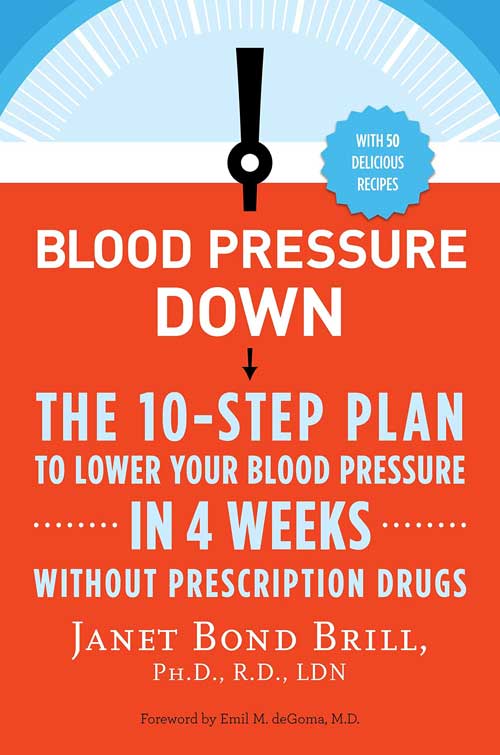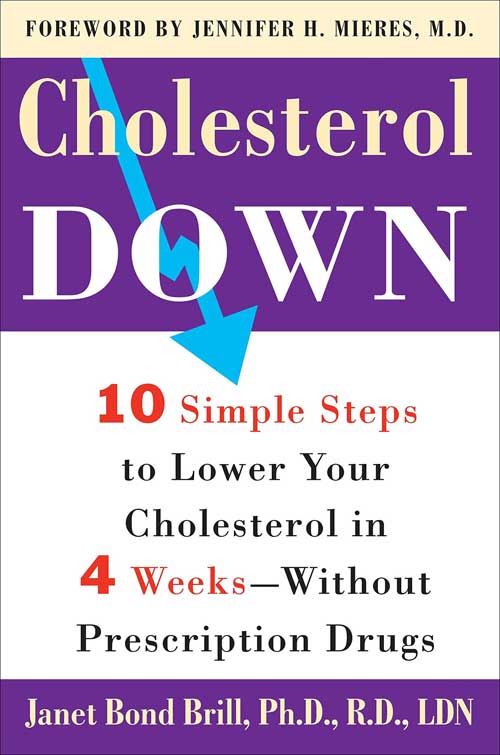By


You may have heard about the wildly popular health and fitness trend circulating on the internet. Intermittent fasting is an eating pattern that involves repetitive, short-term fasts – or alternating periods of food consumption. Is intermittent fasting an effective tool for weight loss? Is there scientific proof that intermittent fasting for weight loss is a safe and effective means to lose both pounds on the scale and whittle away that stubborn belly fat?
Yes! In the medical journal, Current Obesity Reports, an extensive review of studies using intermittent fasting programs in humans, to promote weight loss, found an average of 3 to 10% body weight and fat loss when subjects followed various intermittent fasting protocols. There are many methods of practicing intermittent fasting, each with its own benefits and challenges. Before you embark on a program of intermittent fasting, it is important to get your physician”‘s approval as there are several groups of individuals who absolutely should not practice intermittent fasting.
The use of intermittent fasting for weight loss is not rocket science. Fasting for short periods of time helps people eat fewer calories. Add in the recommended daily exercise and you create a sustained calorie deficit which, over time, results in weight loss and loss of body fat. The magic of intermittent fasting lies in the ability of intermittent fasting to trigger a “metabolic switch,” the time when your body relies on fat metabolism rather than blood sugar for fuel. This triggers a host of physiological changes in your body that promote not just weight and fat loss but also modification of risk factors for diabetes and cardiovascular diseases, such as lowering cholesterol and blood sugar levels.
Here are the five different intermittent fasting programs that have shown to be effective for weight loss:
- The 16:8 eating window intermittent fast involves fasting for 16 hours and eating during your 8-hour eating window.
- The Warrior intermittent fast involves eating one meal a day and fasting the rest of the time. Typically, a 20:4 routine, fasting for 20 hours and eating during a 4-hour window.
- The 5:2 fast involves eating normally for 5 days and doing a modified fast for two days (non-consecutive). During each fasting day, women eat 500 calories and men, 600 calories.
- Alternate day fasting involves practicing a full 24-hour fast every other day.
- The Eat-Stop-Eat plan involves fasting for 24 hours, one day a week.
While all of the above intermittent fasts can promote weight and body fat loss, it is imperative that during your eating periods, you eat a healthful, plant-based, Mediterranean diet and get in daily exercise for long-term health promotion.











